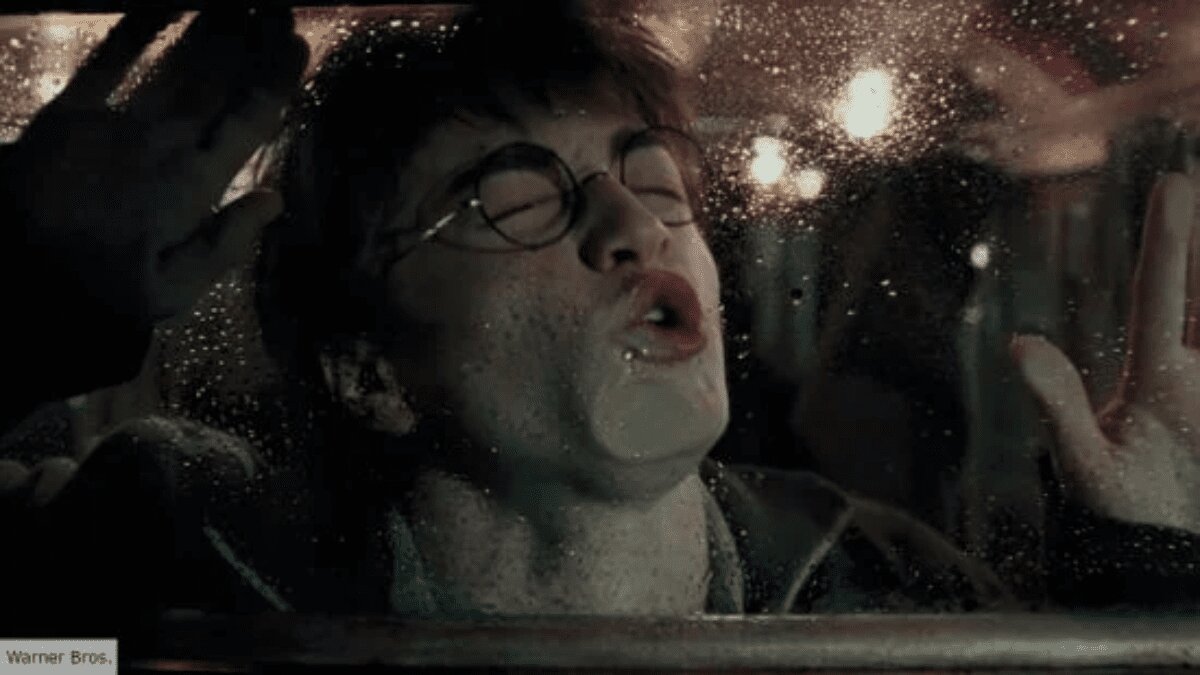The Harry Potter film series holds an esteemed position in the fantasy genre, with Daniel Radcliffe’s portrayal of the titular character captivating audiences worldwide. However, it was the third installment, “Harry Potter and the Prisoner of Azkaban,” that marked a significant turning point in the franchise’s tone and direction.
Directed by Alfonso Cuarón, “Prisoner of Azkaban” departed from the lighthearted ambiance of its predecessors, embracing a darker and more mature tone that resonated with the unfolding narrative of the series. Radcliffe, reflecting on the pivotal decision to bring Cuarón on board, highlighted its transformative impact on the franchise.
In an interview with Empire in 2022, Radcliffe noted that the choice to hire Cuarón, known for his work on films like “Y Tu Mamá También,” initially seemed unconventional. However, this decision proved instrumental in shaping the trajectory of the Harry Potter films, allowing them to delve into darker themes and explore more stylistic avenues.
“Prisoner of Azkaban” introduced audiences to compelling new characters like Sirius Black and showcased chilling sequences featuring Dementors and werewolves, effectively elevating the film’s suspense and intensity. Cuarón’s distinct directorial approach brought a fresh perspective to Hogwarts and the wizarding world, setting a new standard for the series.
Since “Prisoner of Azkaban,” the Harry Potter films continued to evolve in a darker direction, mirroring the maturity and complexity of J.K. Rowling’s source material. While this shift aligned with the natural progression of the story, Cuarón’s influence was paramount in steering the franchise toward its darker trajectory.
Ultimately, “Prisoner of Azkaban” stands as a pivotal moment in the Harry Potter film series, demonstrating its ability to adapt and grow alongside its characters and audience. Cuarón’s visionary direction not only redefined the franchise’s tone but also solidified its status as a timeless cinematic phenomenon in the realm of fantasy storytelling.


